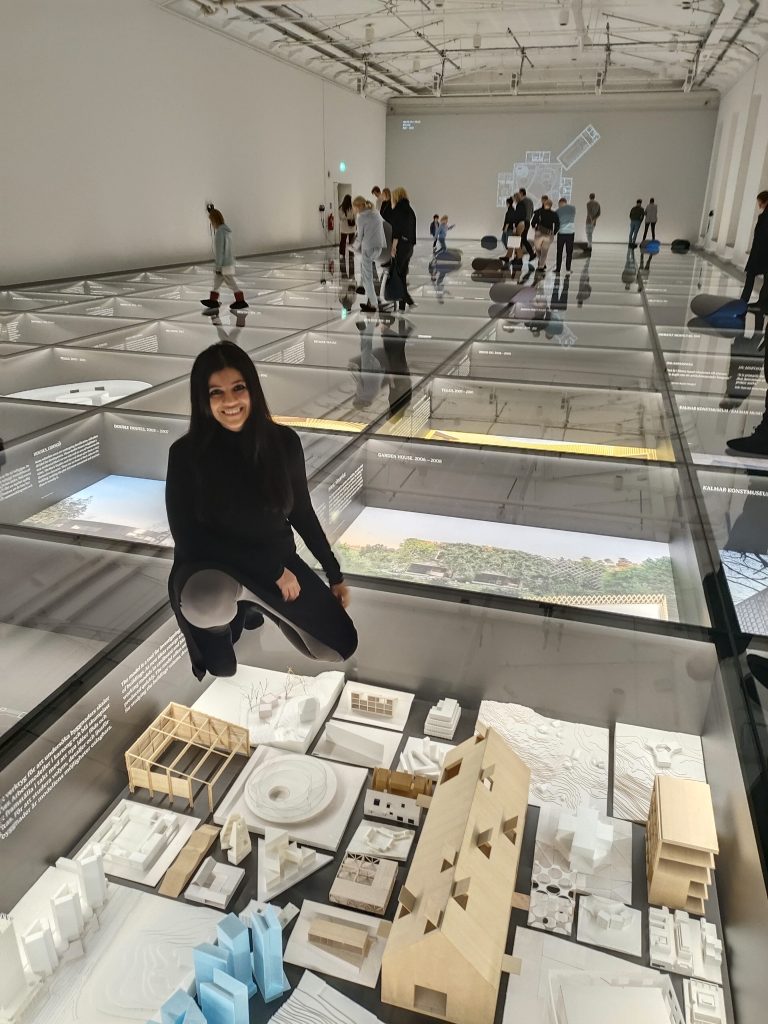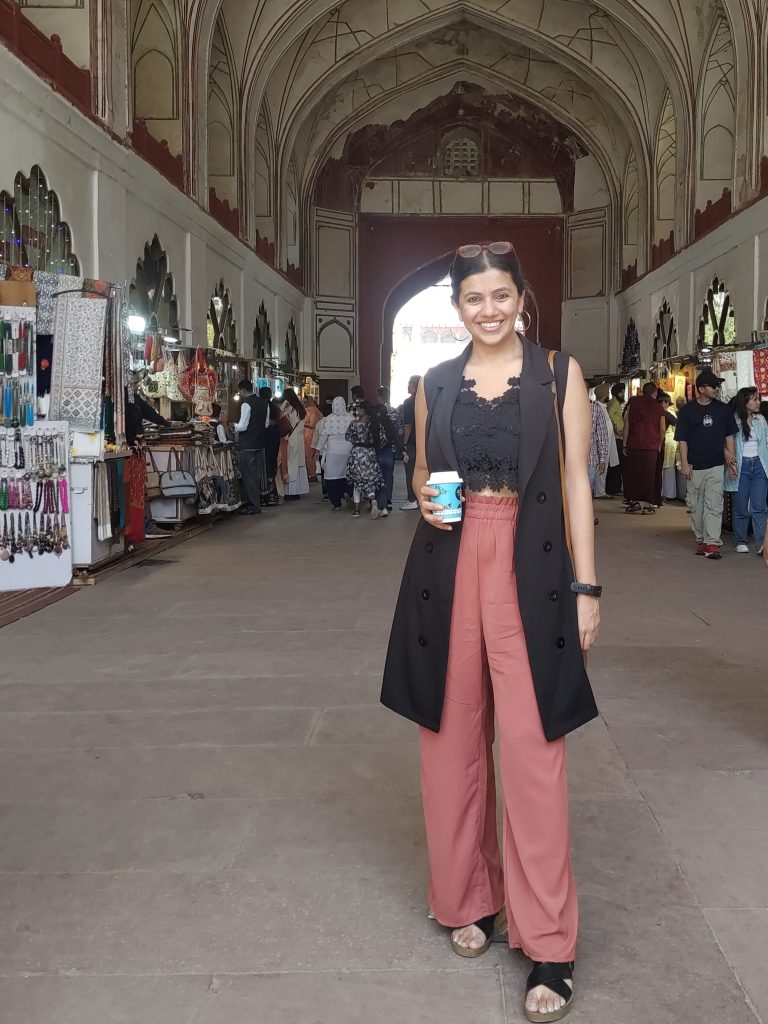(October 16, 2023) When Kynan Darius Chenai aims and shoots, he hits the target with precision, almost effortlessly. His Perazzi shotgun, a top-tier Italian-made gun, known for its high-quality craftsmanship, only ensures victory for its proud owner.
So when the sharp shooter showcased his skills at the Asian Games 2023 and went on to win the bronze medal in the Men’s Trap shooting event — fellow Indians back home, including Prime Minister Narendra Modi, were left thrilled.
“I perform better under pressure. I wanted to win but did not expect to,” smiles Kynan Darius Chenai, the Indian shooter in the Trap discipline as he speaks exclusively to Global Indian.
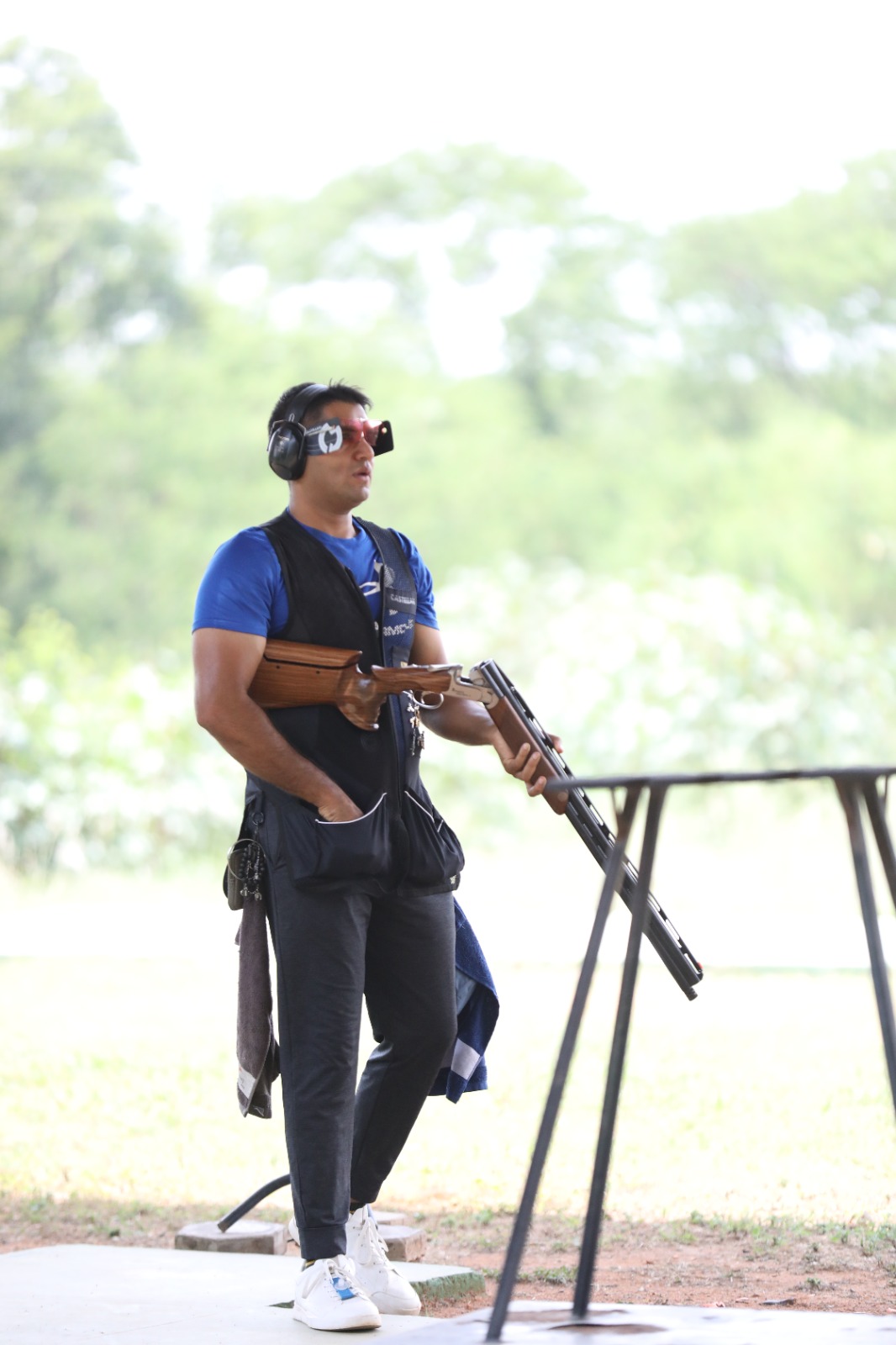
Medals galore at Asian Games
The Indian men’s team comprising Kynan, Zoravar Singh Sandhu and Prithviraj Tondaiman won the gold medal with an Asian games record of 361 in the qualification.
“Once I landed at the venue (Hangzhou, China), the most important aspect was to keep my focus on the game intact. I had enough time to get used to the climate, sunlight and even food. So my focus remained on my game and practise throughout,” informs the 32-year-old, who topped the qualification and helped the team win gold medal.
Kynan and Zoravar also qualified for the six-shooter finals for individual glory and were placed first and second respectively, which raised hopes of a gold-silver finish. Kynan was lucky to have won a bronze while his teammate finished a distant fifth. “The other two boys also shot well,” he says of his team.
At one point, Kynan was in the second spot, making 18 out of his 20 shots. “There is a very small margin in the finals which makes the competition really tough. I am glad to have returned with a medal,” says the sharp shooter, who believes it was a team work which led them to gold.

When under pressure, Kynan performs better. “Competitions like Asian games come with its own set of pressures. My performance only gets better in such situations.”
Soon after the win, congratulatory messages began pouring in from Kynan’s friends and family from across the world. “We celebrated our win with a team dinner. Hours later, I was on a flight back home after which the real celebrations began,” smiles Kynan. For him, celebrations are about having a nice meal with family. “That’s exactly what I did upon return.”
Prime Minister Narendra Modi expressed delight at his success. “Kynan has shown outstanding skill and determination. Due to his success, many upcoming shooters will be motivated,” Modi said.
Taking the legacy forward
Born in a reputed Parsi family in Hyderabad in January 1991, Kynan was introduced to the sport by his father Darius Chenai, who is a former national shooting champion too. “I was 12 when my father introduced me to the sport. The first time I held the gun, I felt an instant connect with it. Seeing my father shoot often thrilled me,” says Kynan.
What initially started off as fun, soon became a passion. “Shooting turned into an obsession by the time I turned 16. I felt incomplete without it,” he says. He went to Hebron, a boarding school in Ooty where he spent the next 10 years.
View this post on Instagram
In school, Kynan was part of the football and hockey team. Swimming is what he loved the most. “Back then, I played every sport. But shooting fascinated me,” says Kynan, who studied at the Brunel University, London.
While Kynan often trains in shooting ranges in Hyderabad, he has mostly been in Delhi prior to the Asian games. He was training at the national camp in the capital. “Simultaneously, I was also in constant touch with my international coach David Kostelecki, a two-time Olympic Games medalist who lives in Czech Republic. I have been regularly training with him for last few years. I travel all the way just to train with him.”
What’s next?
Post his big win in Asian Games, Kynan wasted no time getting back to the shooting range. “My next target is the Paris Olympics, 2024. I have begun practising to qualify for it,” informs the shooter, who competed in the 2016 summer Olympics held in Rio and was placed 19 in the men’s Trap event.
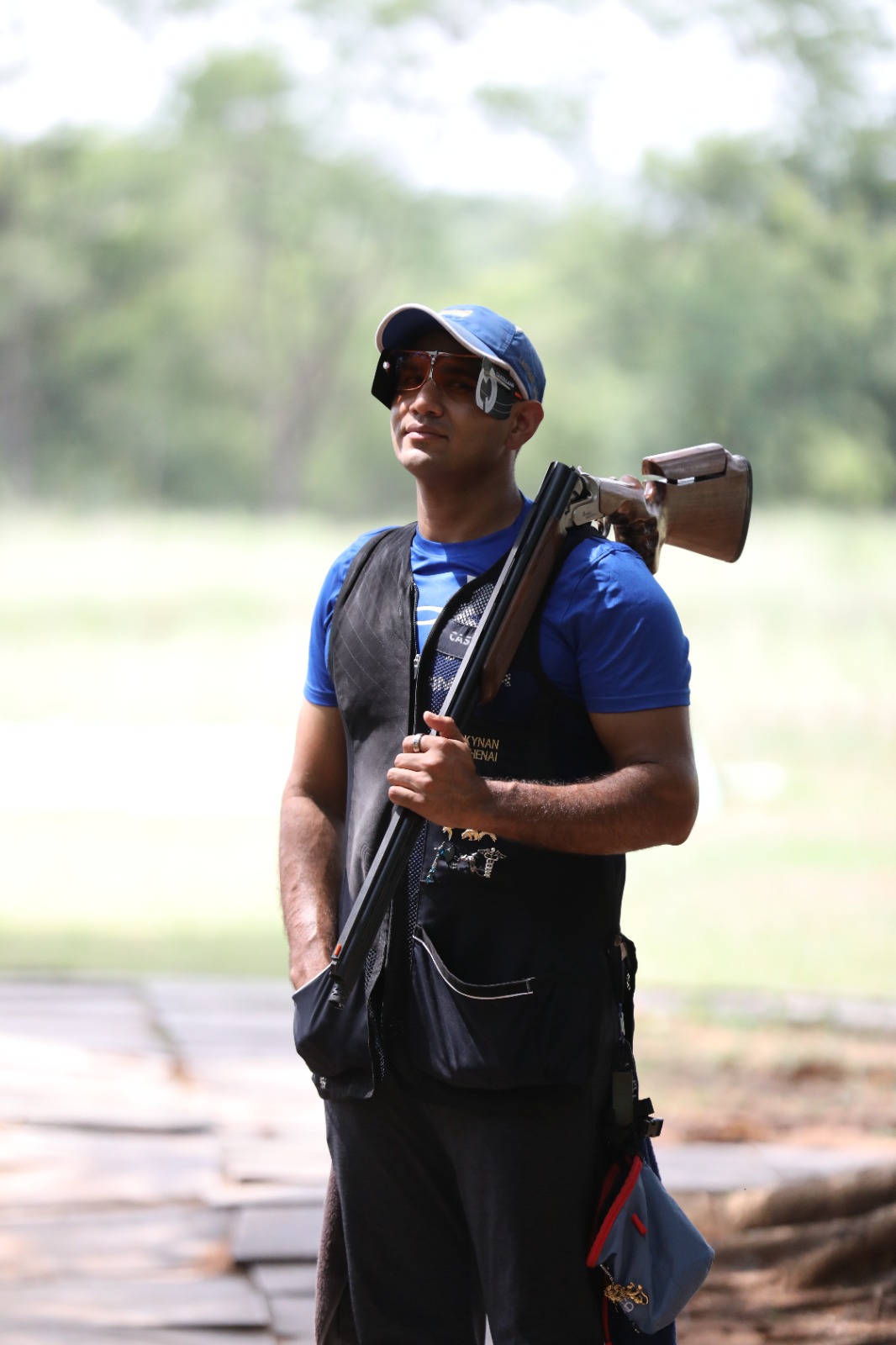
The globe trotter’s first love was video games. Back in the day, he used to spend hours indulging in it. “But I realised how video games can badly affect my eyes and impact my shooting skills. So I have cut it down drastically now and indulge once a week” he says.
Kynan says he is completely focused on his shooting. “My performance in Asian Games has given me even more confidence to perform better. I am spending more time in the shooting range and doing everything to keep fit,” says Kynan, who regularly plays football with friends.
Fitness has always been a top priority for Kynan. He has specifically roped in renowned fitness coach Dr Matthew Zane for the purpose. “He designs my workouts and monitors them on a daily basis. It involves weights and cardio. Only a fit mind and body can help me in my sport,” says the shooter.
The Chenai family loves adventure. “Me and my father go camping quite often. Spending time outdoors has a calming soothing effect.”


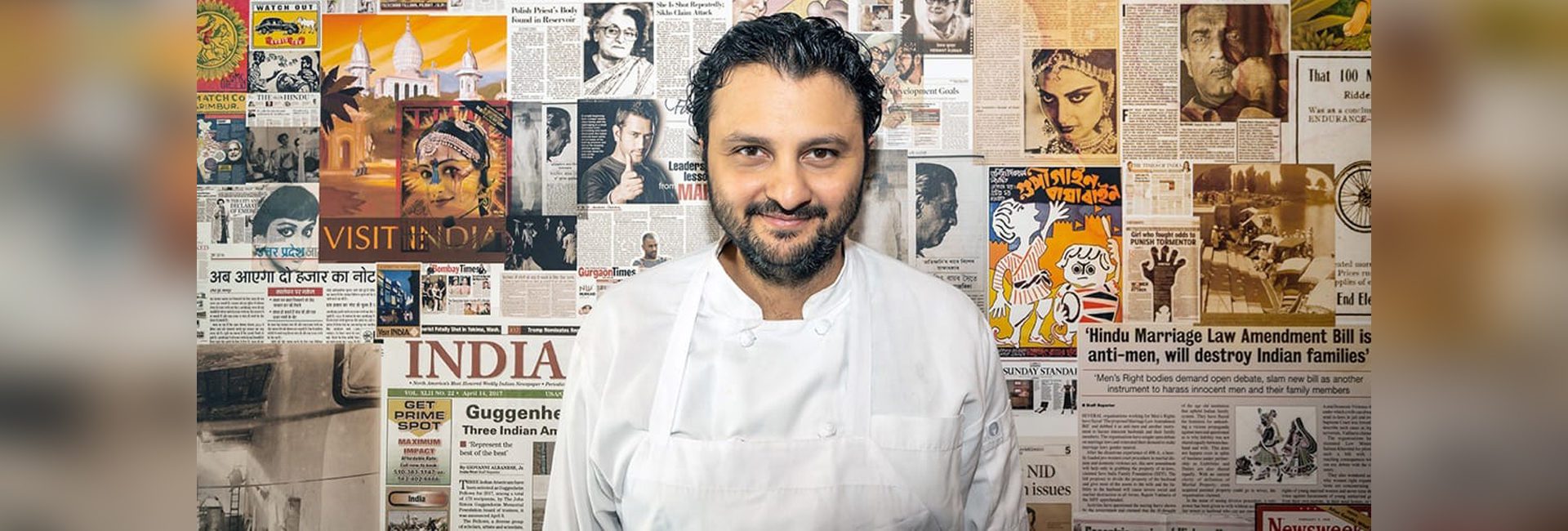
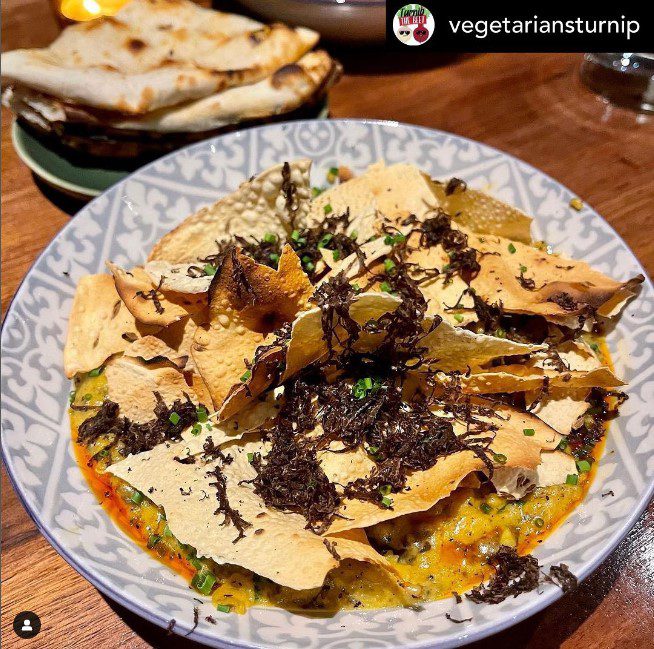 The truffle khichdi at Rahi. Photo:
The truffle khichdi at Rahi. Photo: 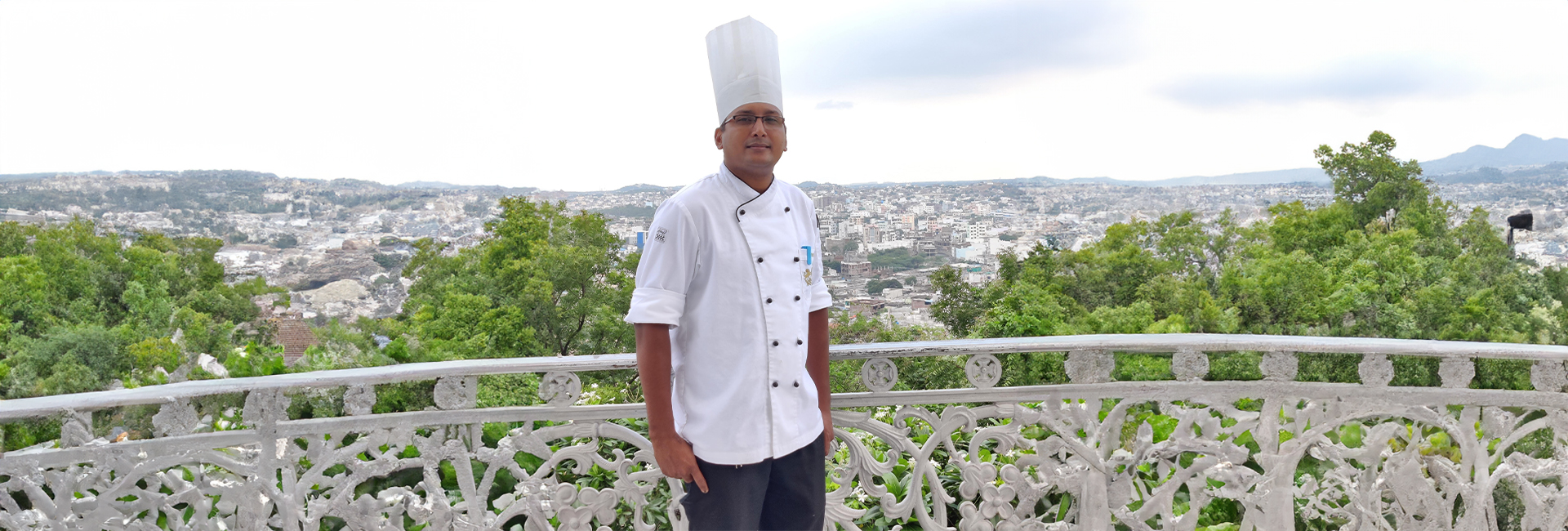
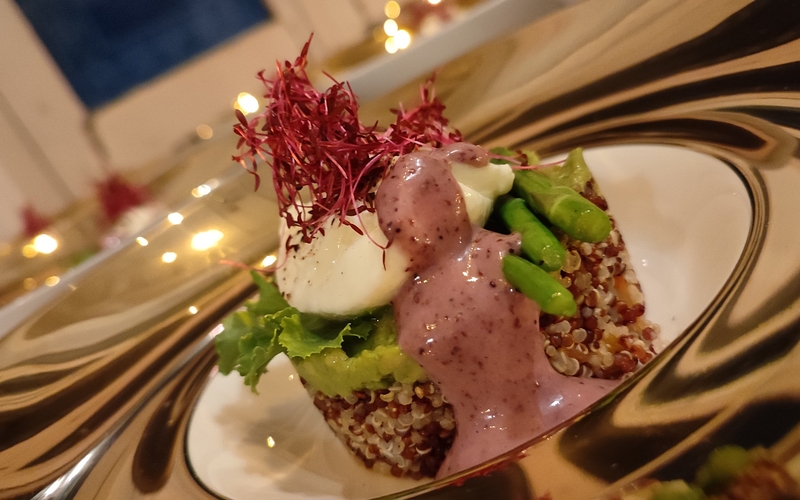
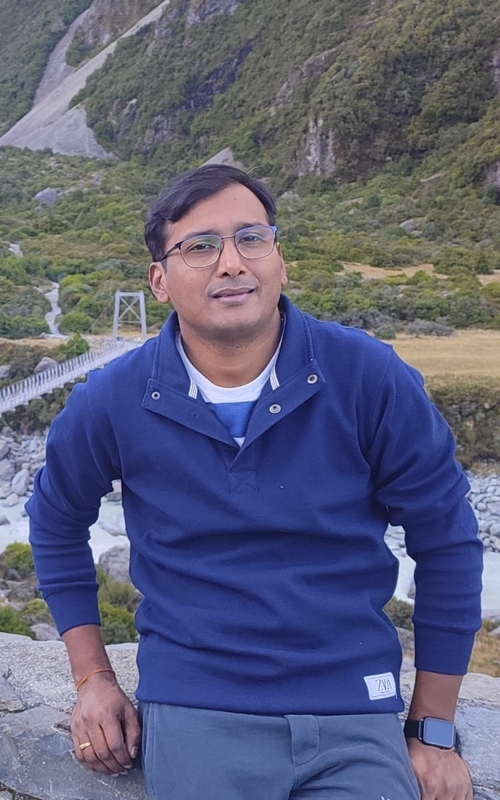
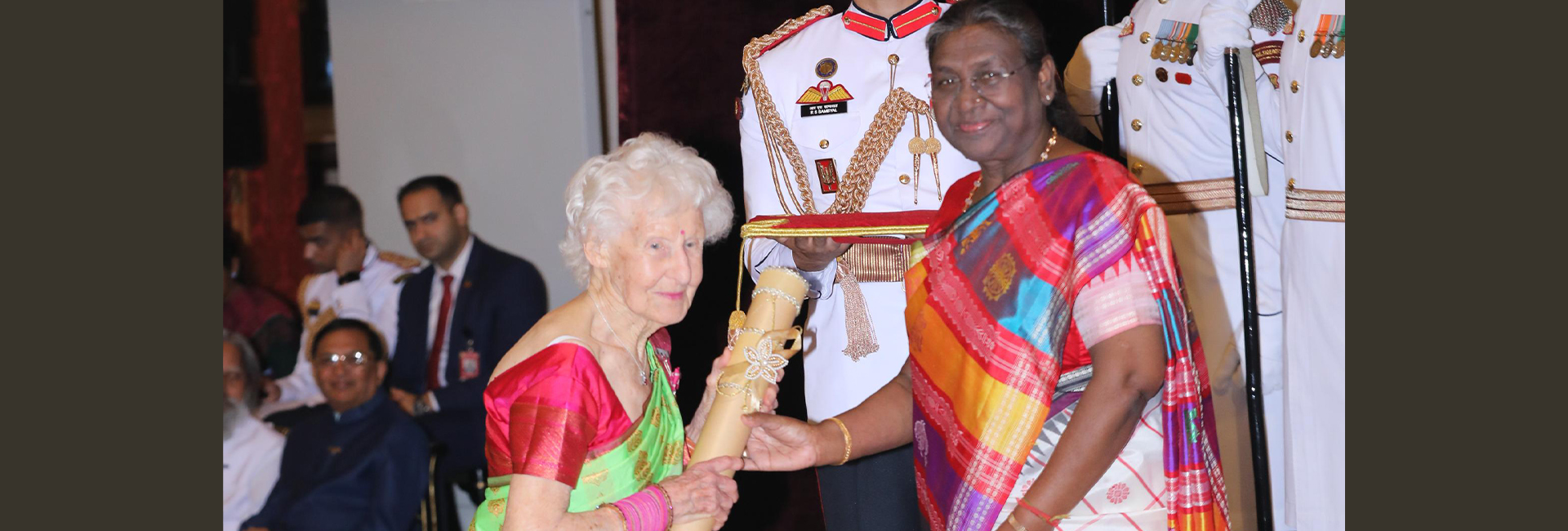
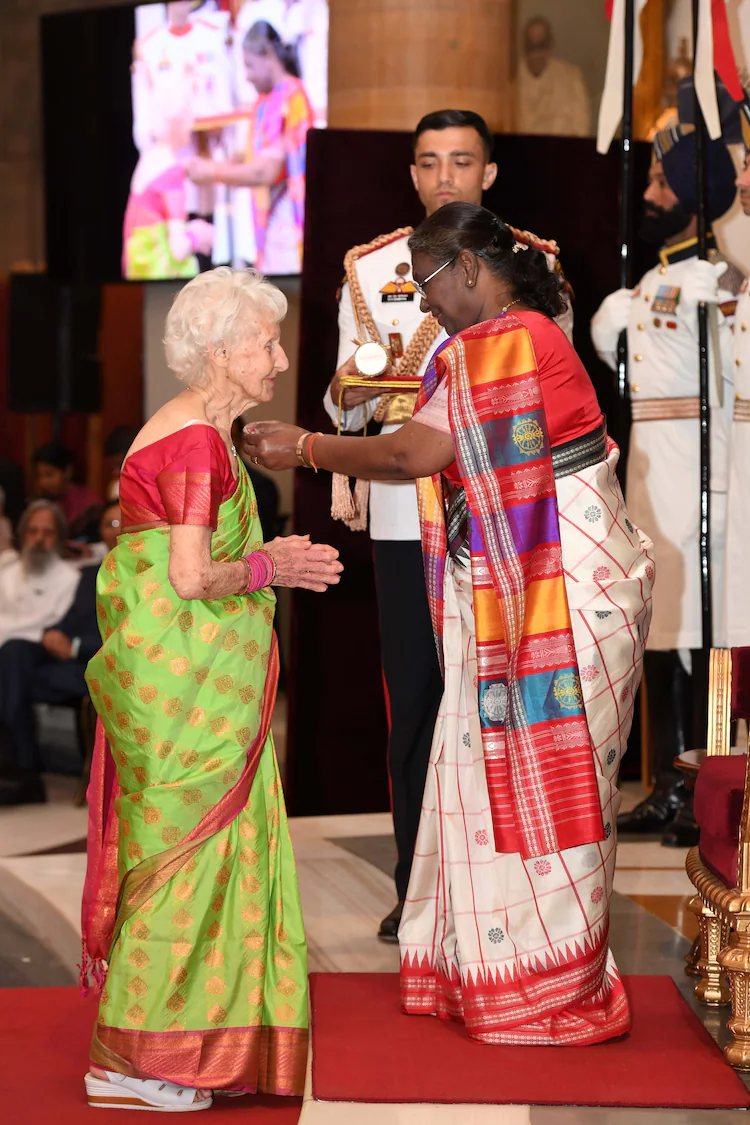
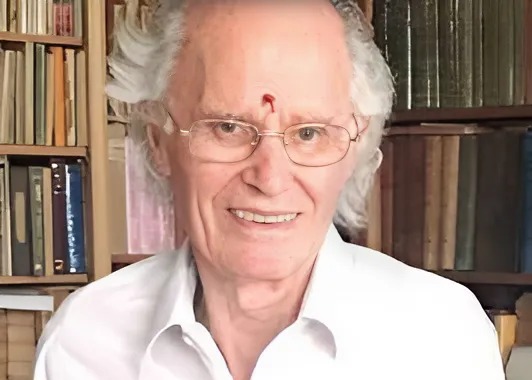 Pierre Sylvain
Pierre Sylvain 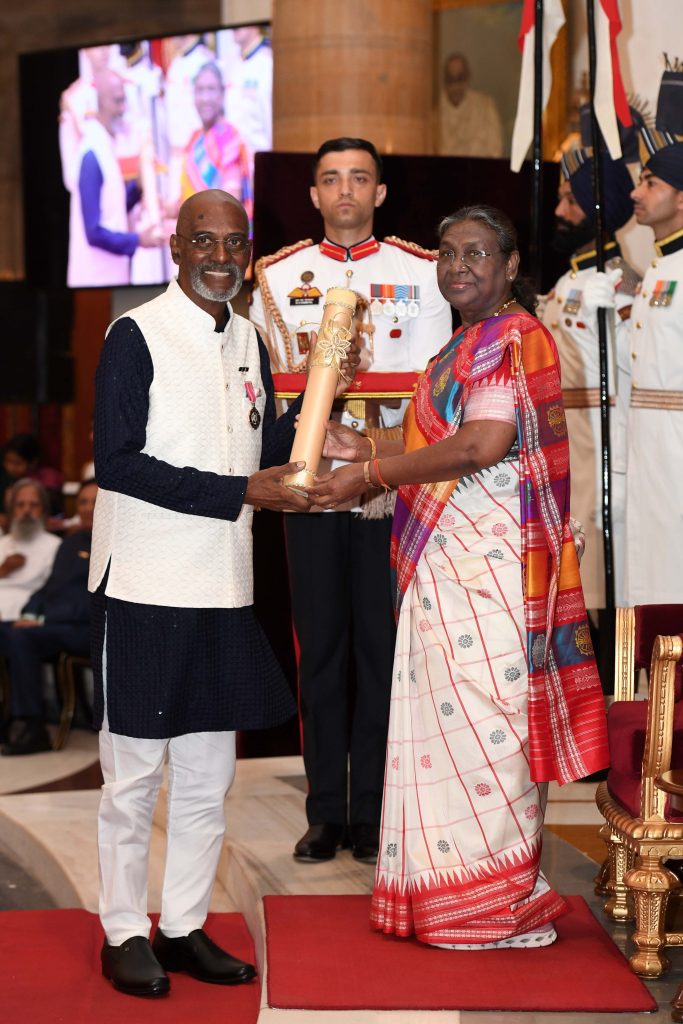 Fred Negrit receiving award from the President of India[/caption]
Fred Negrit receiving award from the President of India[/caption]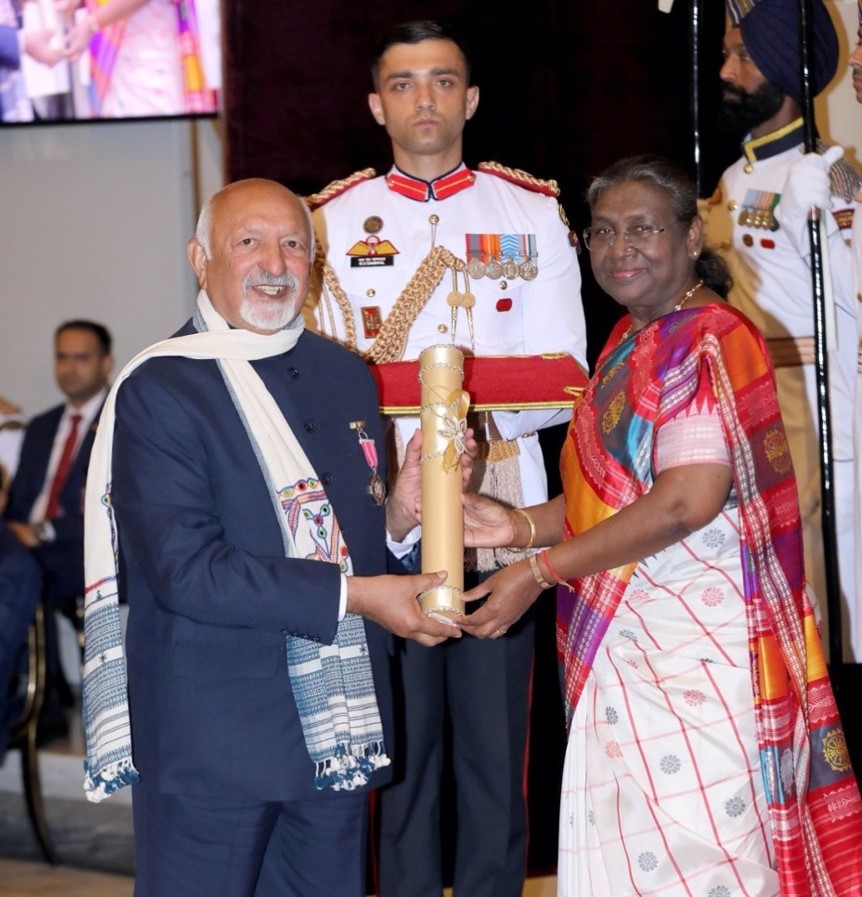 Dr Kiran Vyas receiving award from the President of India[/caption]
Dr Kiran Vyas receiving award from the President of India[/caption]
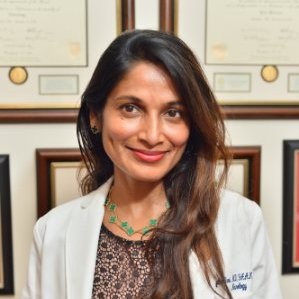 Dr Gayatri Devi[/caption]
Dr Gayatri Devi[/caption]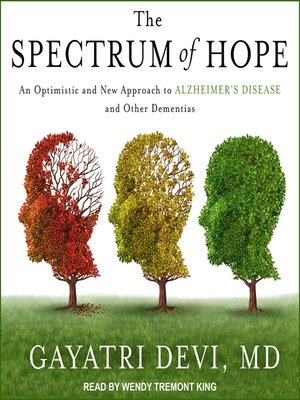 Audio book cover[/caption]
Audio book cover[/caption]
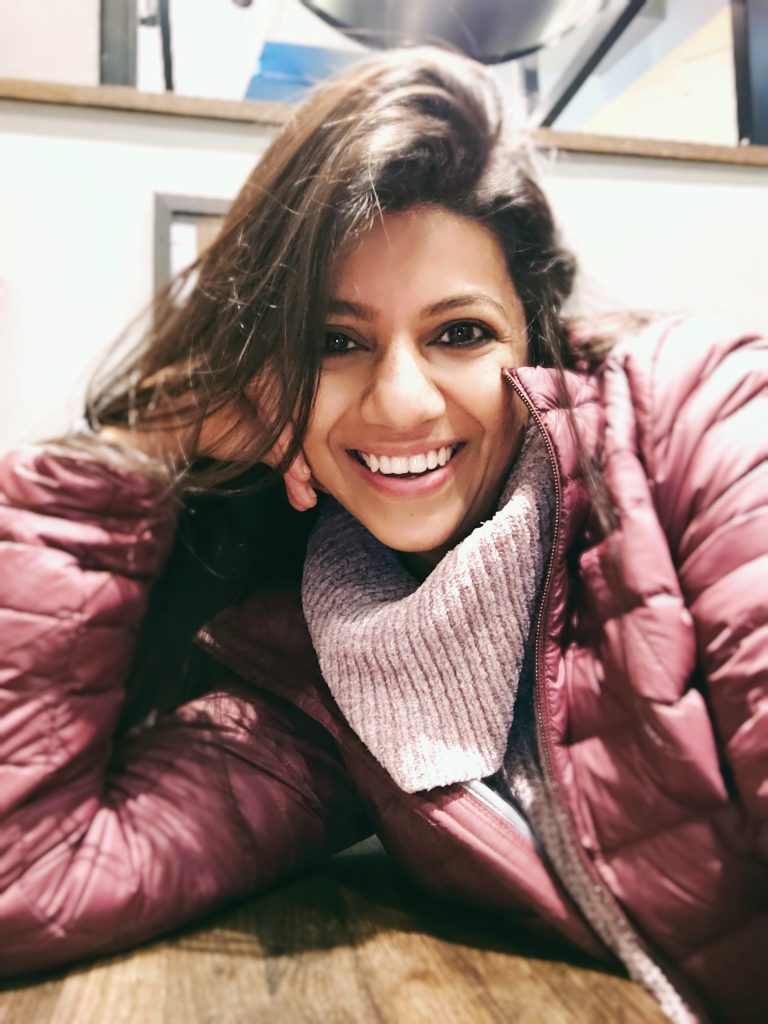 Jeenal Sawla[/caption]
Jeenal Sawla[/caption]